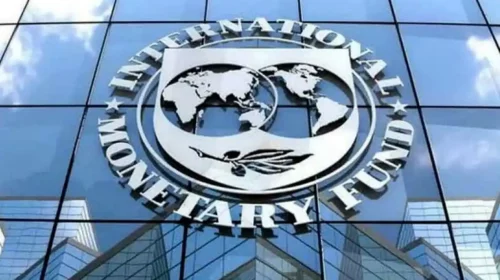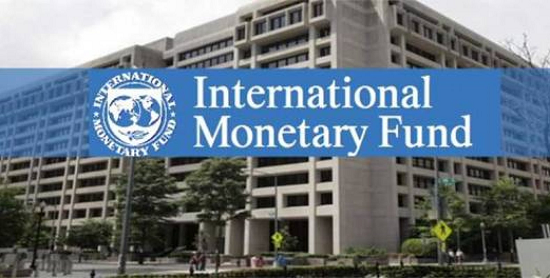IMF Delays $238 Million Loan for Kenya

Kenya may need to find alternative sources to finance its current budget due to a delay by IMF [International Monetary Fund] in issuing it a 28 billion shilling loan ($238 million).
Kenya included loan funds in the current fiscal year’s budget.
Delay may see the nation seeking alternative budget financing.
The funding is part of a $2.34 billion extended credit facility and extended fund facility that was agreed to by the IMF more than a year ago for budget support. The loan needs board approval after a staff-level agreement with the lender was reached in April.
The board is only expected to meet in the “coming weeks” to give final approval, a spokesman for the lender said in an emailed response to questions, without explaining the reason for the delay.
Kenya had included the loan in its net external financing requirement of 280.7 billion shillings for the fiscal year ending this month, and the delay is likely to place further pressure on the nation to find budget funding. Earlier this month it halted plans to sell Euro bonds in 2022 because of a surge in yields that have made issuances too expensive and said it will seek to borrow about $1 billion from banks by the end of June instead. Its $2 billion notes maturing in June 2024 are trading at distressed levels.
Central bankers have been unleashing what may prove to be the most aggressive tightening of monetary policy since the 1980s to curb high inflation, fanned by choked supply chains, historic stimulus packages, and Russia’s invasion of Ukraine. That’s caused a flight of capital from riskier and heavily indebted nations, increasing the cost of Euro bond issuances to fund budget shortfalls.
“The modest delay in the timing of the anticipated IMF financing could be mitigated by securing an alternative source of financing,” the IMF spokesman said.
Treasury Secretary Ukur Yatani and Principal Secretary Julius Muia did not answer calls or respond to messages on their mobile phones for comment.
Countries (sovereigns) have a complicated economical structure. Their economy is exposed to a wide range of factors; from political risk (corruption index level, autocratic leadership), legal risks (how reliable their legal system is) to economic growth cycles (how dependent their growth on a service or export is and how productive their revenue system is).
Governments require money to pay existing debts and to perform pension and social service commitments. The country’s government has a treasury department that maintains its capital and ensures the country has enough money available.
Governments can raise capital in various ways; such as by increasing revenue, taxing their people and services, issuing treasury bonds, or borrowing money from foreign countries.
Think of governments issuing treasury bonds as borrowing loans from the public. Governments pay the money back periodically to the bondholder. The money borrowed by issuing bonds is known as local country debt because the bonds are issued in local (domestic) currency. If the government is unstable then you can expect the government to pay higher interest on the treasury bonds.
When countries borrow money from foreign countries, it is known as foreign country debt. If the government has a poor rating and is already in high debt then the foreign countries will charge higher interest rates on the borrowed loans.
Sovereign default can put a country into a tough situation in short term and can impact the reputation and living standards of its people, but it is not uncommon for countries to default. Currency devaluation can help exporters and makes it cheaper for foreign countries to buy their products and services. It then helps its economy to grow as the current account deficit declines. Additionally, many countries have defaulted in the past. Read more




